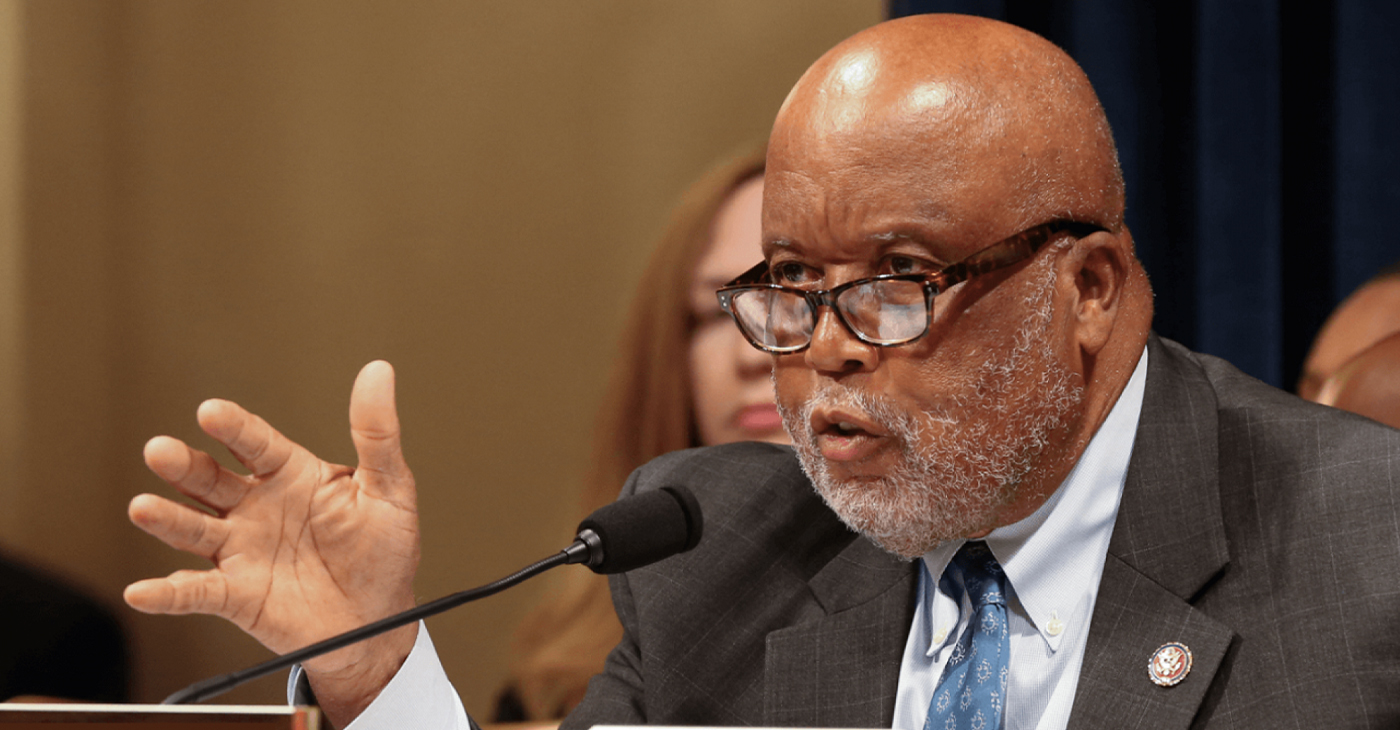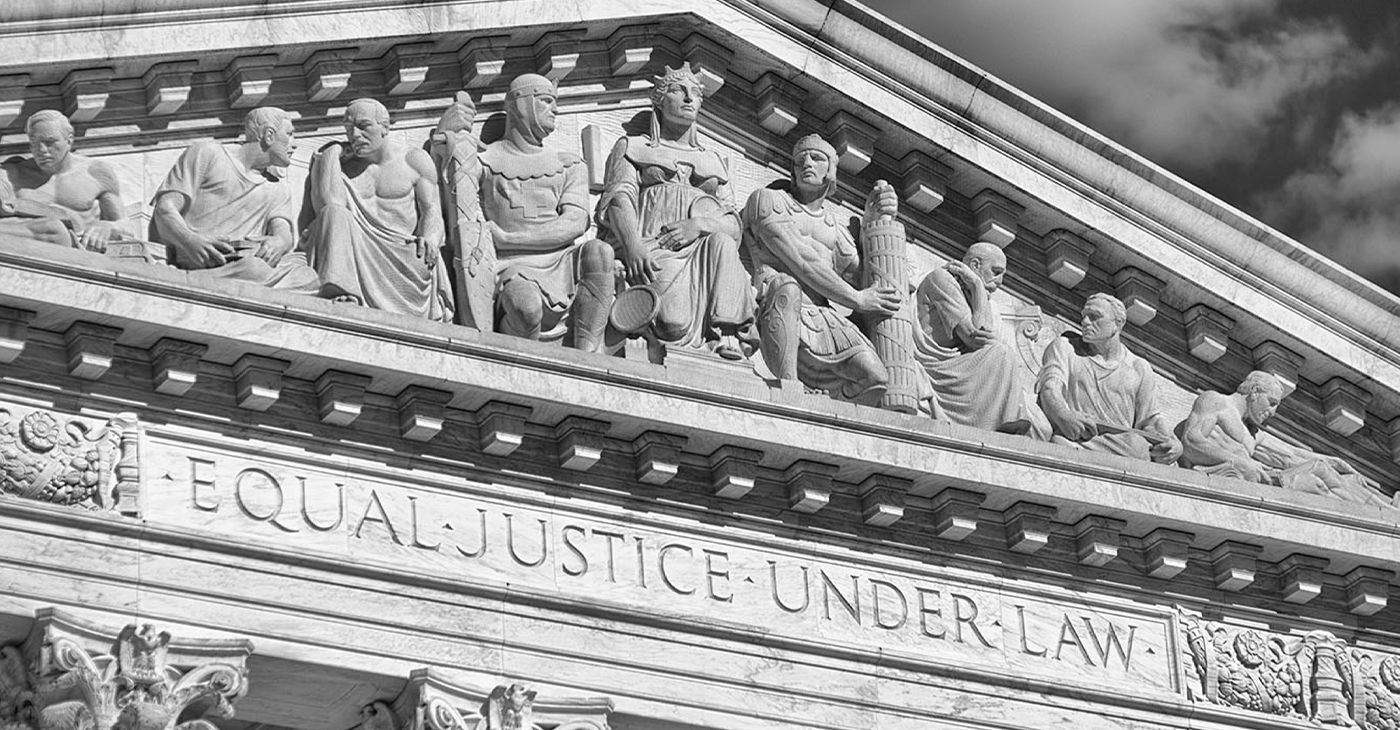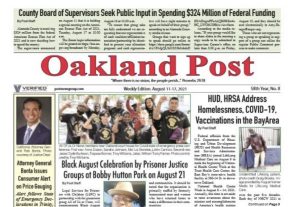National
Whites Far More Likely to Approve of Police Striking People

In this Nov. 25, 2014 file photo, police arrest a demonstrator protesting against the shooting of 12-year-old boy Tamir Rice, who was fatally shot by a police officer in Cleveland. (AP Photo/Mark Duncan, file)
Jesse J. Holland, ASSOCIATED PRESS
WASHINGTON (AP) — Whites in the United States approve of police officers hitting people in far greater numbers than blacks and Hispanics do, at a time when the country is struggling to deal with police use of deadly force against men of color, according to a major American trend survey.
Seven of 10 whites polled, or 70 percent, said they can imagine a situation in which they would approve of a police officer striking an adult male citizen, according to the 2014 General Social Survey, a long-running measurement of trends in American opinions. When asked the same question — Are there any situations you can imagine in which you would approve of a policeman striking an adult male citizen? — 42 percent of blacks and 38 percent of Hispanics said they could.
These results come as Americans grapple with trust between law enforcement and minority communities after a series of incidents, including the deaths Michael Brown in Ferguson, Missouri, and Eric Garner on Staten Island, New York, both black men. Thousands of people protested in the streets last year after the deaths of 18-year-old Brown and 43-year-old Garner, who gasped “I can’t breathe” as police arrested him for allegedly selling loose, untaxed cigarettes. But the survey shows the gap between whites, blacks and Hispanics long predates the recent incidents.
The poll results don’t surprise experts on American attitudes toward police, who say experiences and history with law enforcement shape opinions about the use of violence by officers.
“Whites are significantly more likely to give police officers the benefit of the doubt, either because they have never had an altercation with a police officer or because they tend to see the police as allies in the fight against crime,” said Ronald Weitzer, a George Washington University sociology professor who has studied race and policing in the U.S. and internationally.
However, blacks and Hispanics “are more cautious on this issue because of their personal experiences and/or the historical treatment their groups have experienced at the hands of the police, which is only recapitulated in recent disputed killings,” he said.
The General Social Survey is conducted by the independent research organization NORC at the University of Chicago. Because of its long-running and comprehensive set of questions about the public, it is a highly regarded source of data about social trends. Numbers from the 2014 survey came out last month, and an analysis of its findings on attitudes toward police and the criminal justice system was conducted by The Associated Press-NORC Center for Public Affairs Research and the General Social Survey.
Deep racial divides exist in other law enforcement areas as well:
— A larger number of blacks could approve police striking a murder suspect who is being questioned: 24 percent, compared to 18 percent of Hispanics and 12 percent of whites.
— At more than half of whites, 69 percent, and half of Hispanics approve of police hitting suspects trying to escape from custody but only 42 percent of blacks approve.
— Two-thirds, or 66 percent, of whites say they favor the death penalty for convicted murderers, while 44 percent of blacks and 48 percent of Hispanics agree.
— Almost everyone seemed to approve of police officers hitting suspects back when attacked with fists, but whites again outpaced blacks and Hispanics with their approval. Nine in 10 whites approved of police hitting a person when attacked by fists, with 74 percent of blacks and Hispanics agreeing.
Charles R. Epp, a University of Kansas professor and author of the book about race and police stops, said the majority of whites believe they are going to get “reasonable and fair” treatment from officers, and that encounters ending in violence are caused by the suspect.
“My strong sense is that African Americans and Hispanics have too often experienced or have heard of experiences of police officers acting unfairly, so they’re less willing to support the use of force by police officers,” Epp said. “They’re not sure it will be used fairly.”
There were areas of agreement: Similar small percentages of whites, blacks and Hispanics approved of police hitting suspects for using vulgar or obscene language toward an officer (9 percent for whites, 7 percent for blacks and 10 percent for Hispanics). Similar percentages agreed there is too little spending on law enforcement (47 percent of whites; 49 percent of blacks; 40 percent of Hispanics).
___
Associated Press News Survey Specialist Emily Swanson contributed to this report.
Jesse J. Holland covers race and ethnicity for The Associated Press. Follow him on Twitter at http://www.twitter.com/jessejholland or contact him at jholland@ap.org.
___
Online: http://www.apnorc.org.
Copyright 2015 The Associated Press. All rights reserved. This material may not be published, broadcast, rewritten or redistributed.
###
Activism
Oakland Post: Week of December 18 – 24, 2024
The printed Weekly Edition of the Oakland Post: Week of December 18 – 24, 2024

To enlarge your view of this issue, use the slider, magnifying glass icon or full page icon in the lower right corner of the browser window. ![]()
Activism
‘Donald Trump Is Not a God:’ Rep. Bennie Thompson Blasts Trump’s Call to Jail Him
“Donald Trump is not a god,” U.S. Rep. Bennie Thompson, D-Miss., told The Grio during a recent interview, reacting to Trump’s unsupported claims that the congressman, along with other committee members like vice chair and former Republican Rep. Liz Cheney, destroyed evidence throughout the investigation.

By Post Staff
U.S. Rep. Bennie Thompson, D-Miss., said he not intimidated by President-elect Donald Trump, who, during an interview on “Meet the Press,” called for the congressman to be jailed for his role as chairman of the special congressional committee investigating Trump’s role in the Jan. 6, 2021, mob attack on the U.S. Capitol.
“Donald Trump is not a god,” Thompson told The Grio during a recent interview, reacting to Trump’s unsupported claims that the congressman, along with other committee members like vice chair and former Republican Rep. Liz Cheney, destroyed evidence throughout the investigation.
“He can’t prove it, nor has there been any other proof offered, which tells me that he really doesn’t know what he’s talking about,” said the 76-year-old lawmaker, who maintained that he and the bipartisan Jan. 6 Select Committee – which referred Trump for criminal prosecution – were exercising their constitutional and legislative duties.
“When someone disagrees with you, that doesn’t make it illegal; that doesn’t even make it wrong,” Thompson said, “The greatness of this country is that everyone can have their own opinion about any subject, and so for an incoming president who disagrees with the work of Congress to say ‘because I disagree, I want them jailed,’ is absolutely unbelievable.”
When asked by The Grio if he is concerned about his physical safety amid continued public ridicule from Trump, whose supporters have already proven to be violent, Thompson said, “I think every member of Congress here has to have some degree of concern, because you just never know.”
This story is based on a report from The Grio.
Activism
Biden’s Legacy Secured with Record-Setting Black Judicial Appointments
His record surpasses previous efforts by his predecessors. President Jimmy Carter appointed 37 Black judges, including seven Black women. In stark contrast, Donald Trump’s first term resulted in only two Black women appointed out of 234 lifetime judicial nominations. The White House said Biden’s efforts show a broader commitment to racial equity and justice.

By Stacy M. Brown
WI Senior Writer
President Joe Biden’s commitment to diversifying the federal judiciary has culminated in a historic achievement: appointing 40 Black women to lifetime judgeships, the most of any president in U.S. history.
Biden has appointed 62 Black judges, cementing his presidency as one focused on promoting equity and representation on the federal bench.
His record surpasses previous efforts by his predecessors. President Jimmy Carter appointed 37 Black judges, including seven Black women. In stark contrast, Donald Trump’s first term resulted in only two Black women appointed out of 234 lifetime judicial nominations.
The White House said Biden’s efforts show a broader commitment to racial equity and justice.
Meanwhile, Trump has vowed to dismantle key civil rights protections, including the Justice Department’s Civil Rights Division.
“Having the Black woman’s experience on the federal bench is extremely important because there is a different kind of voice that can come from the Black female from the bench,” Delores Jones-Brown, professor emeritus at John Jay College of Criminal Justice, told reporters.
Lena Zwarensteyn of the Leadership Conference on Civil and Human Rights told reporters that these district court judges are often the first and sometimes the final arbiters in cases affecting healthcare access, education equity, fair hiring practices, and voting rights.
“Those decisions are often the very final decisions because very few cases actually get heard by the U.S. Supreme Court,” Zwarensteyn explained.
Biden’s nomination of Justice Ketanji Brown Jackson to the Supreme Court further reflects his commitment to judicial diversity. Jackson became the first Black woman to serve on the nation’s highest court.
Patrick McNeil, spokesperson for the Leadership Conference, pointed out that over half of Biden’s Black female judicial appointees have backgrounds as civil rights attorneys and public defenders, experience advocates consider essential for a balanced judiciary.
Meanwhile, Congress remains divided over the expansion of federal judgeships. Legislation to add 66 new judgeships—approved unanimously by the Senate in August—stalled in the GOP-controlled House until after the election. House Republicans proposed distributing the new judgeships over the next decade, giving three administrations a say in appointments. President Biden, however, signaled he would veto the bill if it reached his desk.
Rep. Jerry Nadler, D-N.Y., argued the delay was a strategic move to benefit Trump’s potential return to office. “Donald Trump has made clear that he intends to expand the power of the presidency and giving him 25 new judges to appoint gives him one more tool at his disposal,” Nadler said.
-

 Activism4 weeks ago
Activism4 weeks agoOakland Post: Week of November 20 – 26, 2024
-

 California Black Media4 weeks ago
California Black Media4 weeks agoCalifornia to Offer $43.7 Million in Federal Grants to Combat Hate Crimes
-

 Black History4 weeks ago
Black History4 weeks agoEmeline King: A Trailblazer in the Automotive Industry
-

 California Black Media4 weeks ago
California Black Media4 weeks agoCalifornia Department of Aging Offers Free Resources for Family Caregivers in November
-

 California Black Media4 weeks ago
California Black Media4 weeks agoGov. Newsom Goes to Washington to Advocate for California Priorities
-

 Activism4 weeks ago
Activism4 weeks agoOCCUR Hosts “Faith Forward” Conference in Oakland
-

 Activism3 weeks ago
Activism3 weeks agoOakland Post: Week of November 27 – December 3, 2024
-

 Activism4 weeks ago
Activism4 weeks agoRichmond Seniors Still Having a Ball After 25 Years


























































Pingback: New Book Describes What ‘the Help’ Saw at the White House |